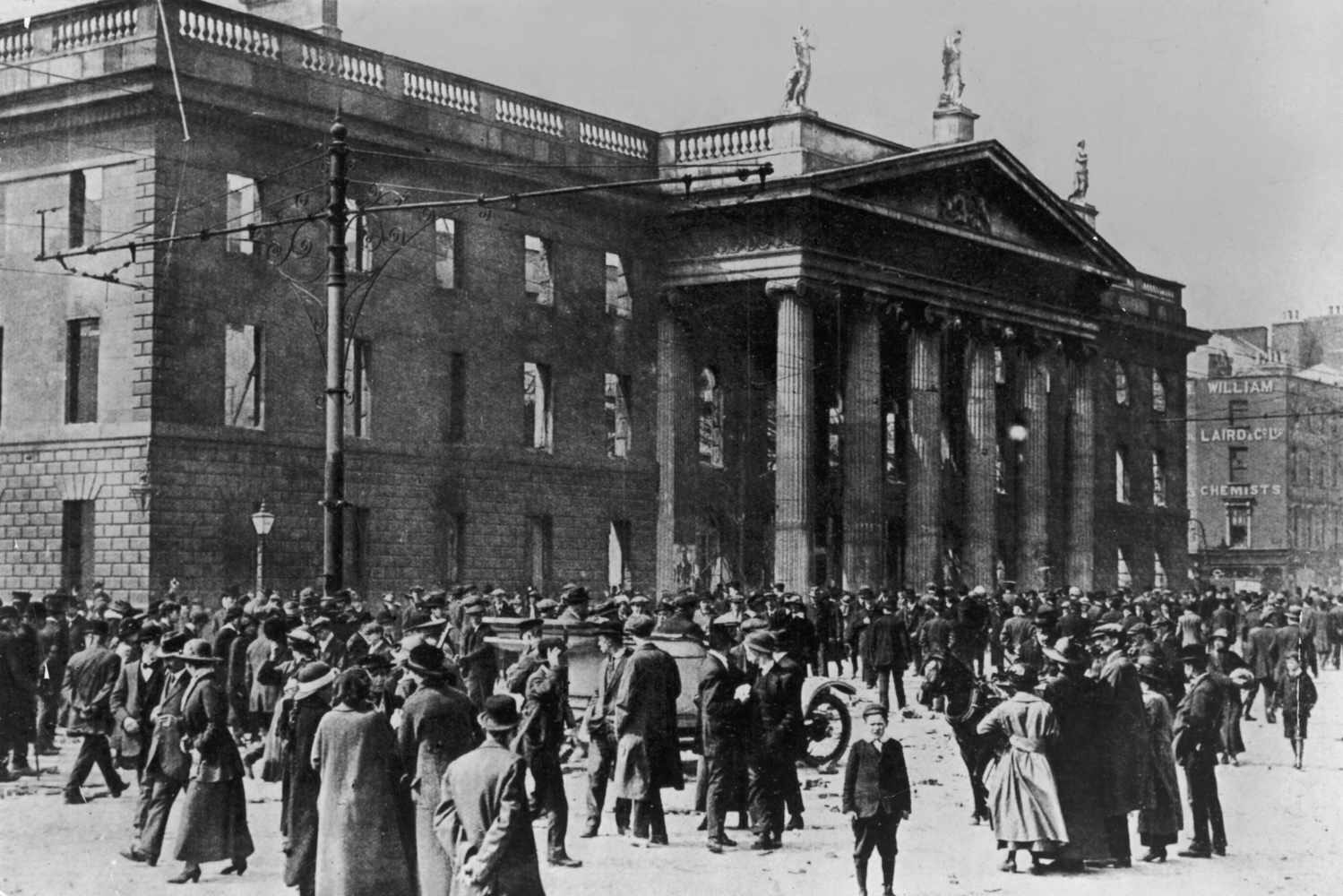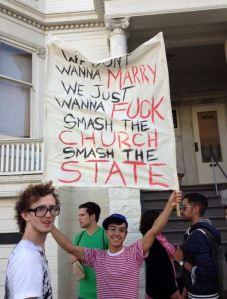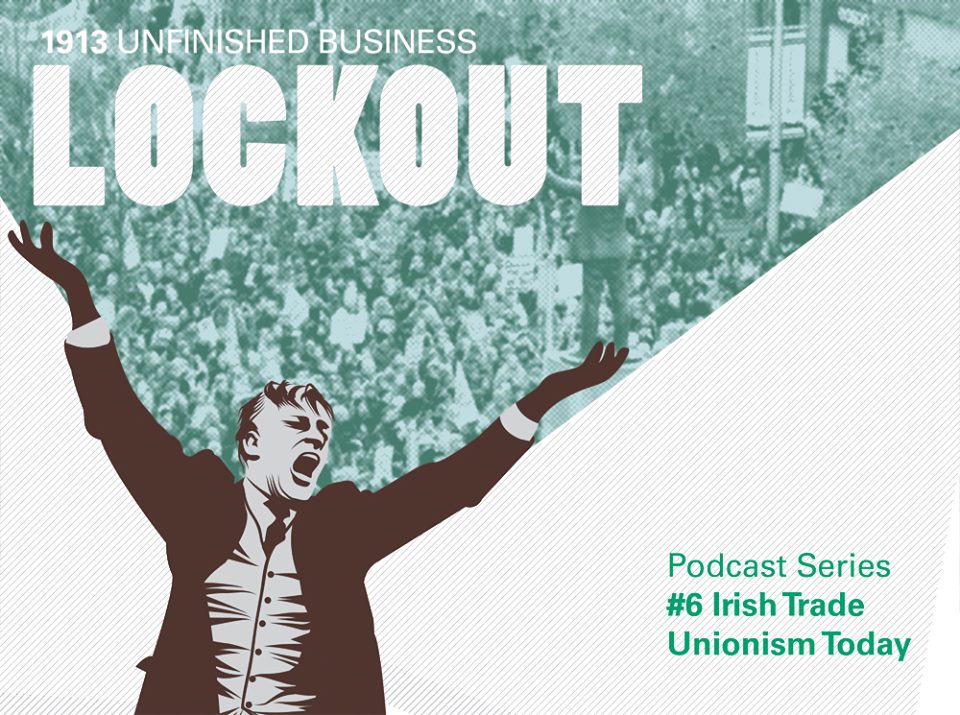In a post originally found here, Aidan Rowe gives us an article looking the fight for marriage equality and is it enough for the continuation of LGBTQ liberation?
“Conservatives believe in the ties that bind us. Society is stronger when we make vows to each other and we support each other. I don’t support gay marriage in spite of being a conservative. I support gay marriage because I am a conservative.” ― David Cameron
“Legalizing gay marriage would offer homosexuals the same deal society now offers heterosexuals: general social approval and specific legal advantages in exchange for a deeper and harder-to-extract-yourself from commitment to another human being. Like straight marriage, it would foster social cohesion, emotional security, and economic prudence… it could also help nurture children. And its introduction would not be some sort of radical break with social custom… A law institutionalizing gay marriage would merely reinforce a healthy social trend… Those conservatives who deplore promiscuity among some homosexuals should be among the first to support it… If these arguments sound socially conservative, that’s no accident. It’s one of the richest ironies of our society’s blind spot toward gays that essentially conservative social goals should have the appearance of being so radical.” ― Andrew Sullivan, ‘Here Comes The Groom: A (Conservative) Case For Gay Marriage’
As it’s presently constructed, the LGBT movement is probably less than a decade away from achieving all of it’s major aims in most Western societies: centrally, same-sex couples having the right to marry and raise children, and, more broadly, equality, understood as assimilation within existing conservative institutions such as the military, the police, or the boardroom. Inevitably, this will mean a massive demobilization and depoliticisation among LGBT people and the collapse of much of whatever activist networks currently exist, as, demonstrably, we will have achieved pretty much everything we are currently demanding.
But equality is not liberation. Paradoxically, even as gay concerns become increasingly mainstream and everyone from major corporations, to the English Defence League, to apartheid Israel scramble to feel the benefits of positive pink PR, we are hardly closer to liberating sexuality from the bridle of conservative/religious moralism.
Instead, we have sought, and are beginning to be granted, inclusion within heteronormative structures, namely marriage, but only on the understanding that the basic form and logic of marriage is to remain unchanged. In fact, this very concession is at the core of much liberal advocacy for “marriage equality”: of course conservative concerns are irrational, we have no intention of threatening their family values ideology, we just want in.
So perhaps now, when articulating a critique of the push for marriage can no longer reasonably be understood as a betrayal of the movement in the face of an urgent need for unity, we should take the opportunity to re-evaluate our horizons. Indeed, given the accelerating incorporation of (some) queers within the sexual and political mainstream, I would argue that there is a pressing need to question the terms of this compromise before it solidifies.
Marriage is an institution borne out of sexual repression and patriarchy, and inseparable from its history as male ownership of women – a history which still shapes the lived realities of married people. It is the institution of an ideology that sees human sexuality as a threat, and seeks to constrain it. Ideally, sex should only happen for the purposes of procreation, but failing that, only within the bounds of stable monogamy, and not in any way that might be considered kinky or weird. There is no room for fluidity, or polyamoury, or promiscuity, which are at best tolerated among young people with the expectation that they will “settle down”.
However marriage is redefined or reconfigured, it will never be ours. The State retains the power to define what constitutes a “normal” relationship, to write the relationship script for the vast majority of society, while those who don’t or won’t fit the script are pushed to the margins. This doesn’t just affect people at the point where they “choose” to get married, but in fact all relationships are expected to be proto-marriages: monogamous, and aiming at permanence, with a series of predefined stages (which vary according to culture) on the way to marriage. Romantic narratives about “finding your soulmate” (i.e. expectation that you will only legitimately love one person in your entire life) are bound up with the institution of marriage, and shape people’s expectations around sex and relationships in an often damaging way.
The existence of marriage, then, is not merely an issue for those who wish to get married (and who may presently be prevented from doing so by homophobic discrimination) – it is the institution around which sexuality is organised within our society. Instead of being allowed to embrace the polymorphous possibilities of romantic and sexual experience, to explore a potentially infinite landscape of bodily experience and interpersonal connection, sexuality is directed towards a single idealised form. Marriage as an institution is thus the antithesis of free love, the quasi-compulsory privatisation of affection, and the mechanism by which the state bludgeons our sexualities into the most useful shape for reproducing the next generation of labour.
Generally speaking, within the structure of marriage, women are still expected to do the work of child-rearing for no money, and their work isn’t even considered work. Often this is on top of having a full time job, so women work a double-shift, usually for less pay than a man on a single-shift. While same-sex marriage may begin to decouple this expectation from gender somewhat, the child-rearing-as-unpaid-labour problem remains embedded into the very construction of the nuclear family. More broadly, we can say that the nuclear family, as a form of social organisation confines the caring and affective work essential to the maintenance and reproduction of human beings to an atomised sphere artificially cut off from the rest of society, thereby weakening our potential bonds of solidarity and mutual care, stripping this area of human activity of its collectivity and reinforcing our alienation from one another.
Necessarily then, we can only participate in marriage on their terms. However much it changes, we will always have to change more in order to assuage the fears of conservatives that we pose a threat to their vision of sexual morality and social organisation. Within the LGBT community, there is political pressure, particularly on those who are the most visibly queer, to reshape our sexualities into forms that are more palatable to conservative moralists and legislators, to have a binary-identified sexuality that was fixed at birth, or to ditch the concerns of trans* people altogether because they make us look bad. In other words, gay marriage takes a certain section of the queer community and makes them just like straight people, casting the rest aside.
This process of recuperation has happened over a relatively short historical period. Within decades, we have gone from being a radical sexual liberation movement which challenged and threatened the foundations of conservative sexuality morality, of which marriage is a keystone, to being little more than a movement beating at the door of family values ideology begging to be let in. In order to claim the right to be included within marriage, we place ourselves in the position of defending marriage, or cementing its position in the centre of society – we become it’s biggest cheerleaders, pushing out endless stories about happy gay couples who just want to get married because marriage is such an awesome institution – the fullest and most natural expression of love between two human beings – or of gay couples who raise perfect children (according to conservative standards) because we’re such awesome parents.
In short, as long as we continue to aim for equality-through-assimilation, we concede that we will never win the struggle to free love from the grip of bourgeois morality, and to experience love as we see fit, with whoever we see fit. In fact, we strengthen the institutions that keep our bodies and our hearts in chains.
Originally posted on WSM.ie



